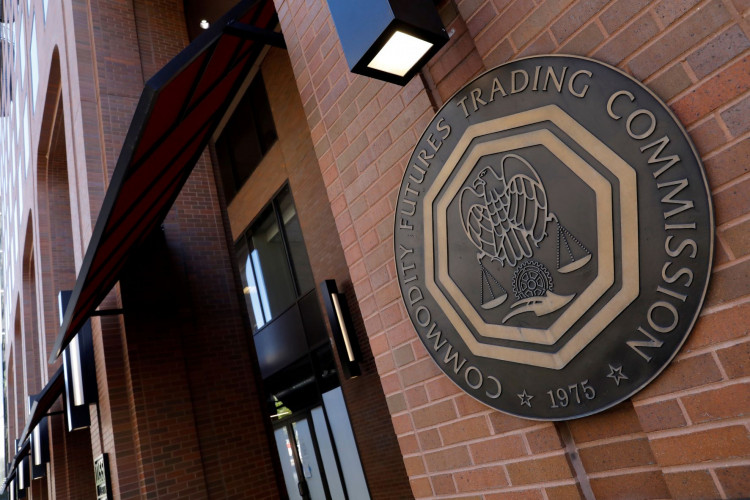In a shocking turn of events, Alex Mashinsky, the founder and former CEO of the now-bankrupt cryptocurrency lender Celsius Network, was arrested and charged with fraud. This development was announced by a U.S. prosecutor in New York, as three federal regulatory agencies, including the U.S. Securities and Exchange Commission (SEC), the U.S. Commodity Futures Trading Commission (CFTC), and the Federal Trade Commission (FTC), filed lawsuits against Mashinsky and his company.
Mashinsky, 57, faces seven criminal counts, including securities fraud, commodities fraud, and wire fraud. Roni Cohen-Pavon, Celsius' former chief revenue officer, was also charged with four criminal counts. The indictment was unsealed on Thursday, revealing the extent of the alleged fraud and manipulation.
The SEC's lawsuit alleges that Mashinsky and Celsius raised billions of dollars through the sale of unregistered crypto asset securities and misled investors about the financial success of the company. The FTC, in its lawsuit, accused Mashinsky and his company of portraying Celsius as safe, akin to a traditional bank, even as they took increasingly risky steps to deliver high-yield interest payments on customer deposits.
The regulators' lawsuits paint a picture of a company and its leadership that repeatedly deceived investors and customers. Despite losing millions of dollars and facing a rush of customer withdrawals, Mashinsky and Celsius continued to claim that the company was financially secure and had sufficient funds to meet withdrawals.
The SEC's lawsuit further alleges that Celsius engaged in "risky trading practices" and made uncollateralized loans, despite telling investors that it did not. The company also falsely claimed to have raised $50 million from selling its token, and claimed to have 1 million active users when in fact it had only around 500,000 depositors, many of whom were no longer active.
In a related development, the FTC announced that it had reached a settlement with Celsius that will permanently ban it from handling customers' assets. The settlement, one of the largest in the FTC's history, is close to the record $5 billion fine levied against Meta in 2019.
The Celsius Network filed for Chapter 11 bankruptcy protection in July last year after freezing customer withdrawals. It was among the first in a series of bankruptcies in the cryptocurrency sector last year as token prices cratered amid rising interest rates and stubbornly high inflation.
The lawsuits against Celsius Network and its founder add to a series of challenges for the crypto industry, which has been on shaky ground since the SEC's lawsuits against major crypto exchanges Binance and Coinbase Global last month raised risks of further regulatory challenges for the sector.
The fall of Celsius Network serves as a stark reminder of the risks and regulatory challenges in the cryptocurrency sector. As the dust settles, the industry will be watching closely to see how this case influences future regulatory actions and the broader landscape of crypto lending platforms.




